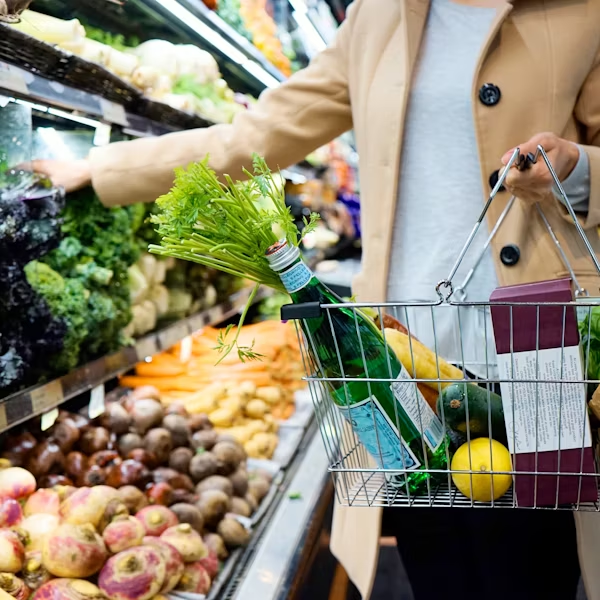Food prices climbed again in August, marking the fifth consecutive monthly rise. Official figures show the fastest increase since early last year.
The cost of food and non-alcoholic drinks rose 5.1% over the year. Beef, butter, milk and chocolate recorded the sharpest gains.
Slower increases in areas such as air fares held overall inflation steady at 3.8%, the same level as July.
Economists said supermarkets are passing on higher minimum wage and National Insurance costs to customers through price rises.
Bank of England under pressure
Inflation remains well above the Bank of England’s 2% target. Analysts expect policymakers to leave interest rates unchanged this week.
Chancellor Rachel Reeves admitted families are under strain. She pledged to cut costs and help people cope with rising bills.
Her first Budget introduced higher employer National Insurance Contributions and a rise in the minimum wage. Businesses warned these changes would push prices higher.
Reeves promised not to return with more borrowing or further tax hikes. But speculation grows over possible tax measures in November’s Budget.
Shadow chancellor Sir Mel Stride called price growth “deeply worrying”. He said Labour’s policies are stoking inflation.
Britain stands apart from Europe
The Office for National Statistics reported food and drink prices rising at their fastest rate in 19 months.
It said UK inflation remains much higher than in France and Germany. France reported 0.8% in August, while Germany posted 2.1%.
Yael Selfin, chief economist at KPMG, said Britain had become an “outlier” compared to other major economies.
She argued domestic policies, including higher employer National Insurance Contributions, have added costs that companies passed on to shoppers.
Everyday items see steep increases
Beef and veal prices rose nearly 25% in the year to August. Butter increased almost 19%, while chocolate climbed 15.4%.
The British Retail Consortium warned food inflation is outpacing wage growth, which stood at 4.7% between May and July.
Director Kris Hamer said families are struggling as pay lags behind prices. Clothing and footwear costs eased thanks to summer discounts.
Staple goods such as cereals and pasta also saw slight declines in August.
Interest rate outlook uncertain
ING economist James Smith said the 3.8% figure complicates decisions for the Bank of England.
He warned food inflation may rise further before year-end. The Bank has already cut rates five times since last August, reducing borrowing costs to 4%.
Officials expect inflation to peak at 4% in September. Analysts widely predict no change this week.
Capital Economics doubts a cut will follow in November. But economist Paul Dales expects weaker wage growth to bring inflation closer to levels in the US and eurozone.
He forecast rates will fall from 4% to 3% by late next year.
Small businesses face sharp costs
Tom Egan, co-founder of Coosh Bakery in Nottingham, said butter and chocolate prices are squeezing his bakery.
Poor cocoa harvests doubled supplier prices. A 10kg batch once costing £60 now exceeds £150.
Butter has risen 50% in a year as milk imports fell. Lower supply has pushed costs higher.
Egan said higher National Insurance Contributions have also “stung”. His bakery now delays investment in equipment and technology that could improve productivity.


